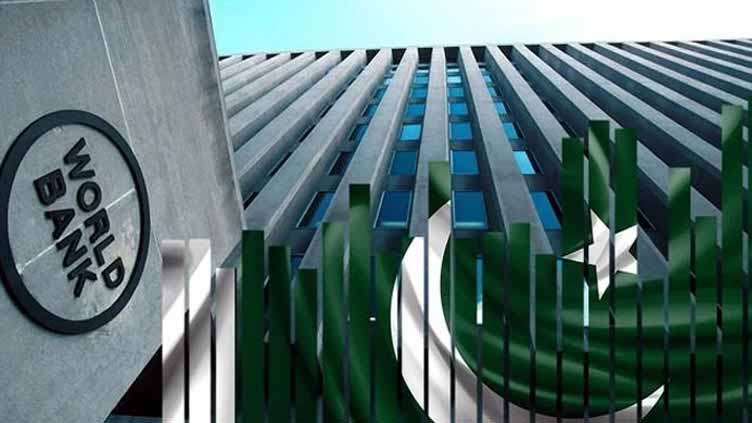Pakistan’s tax system has massive flaws, according to the World Bank.

The World Bank (WB), a worldwide lender, referred to Pakistan’s tax system as “unfair and absurd” and demanded that property be brought into the tax system, taxed proportionately, and all records be kept appropriately.
The WB believed that expanding the tax base to include all societal groups would alleviate the burden on the burdened salaried class and increase the size of the tax net overall.
Regarding remittances, the World Bank recommended for changes to the system, stating that reliance on them is only advantageous in the short term.
Vice Chancellor (VC) Nadeem Javaid of the Pakistan Institute of Development Economics (PIDE) expressed concern over the low tax-to-GDP ratio in Pakistan, stating that just 5 million of the country’s 240 million citizens pay taxes, while the majority of taxes are collected through the General Sales Tax (GST).
The existing tax collection system, which only has 5 million payers, should not be continued, Javaid warned, adding that it is utterly unfair.
The World Bank’s chief national economist, Tobias Haque, praised the provinces’ implementation of the Agriculture Income Tax (AIT), calling it a positive step.
Haque emphasised the importance of precise property sector paperwork and taxation.
“The tax burden on the salaried class can be lessened by digitisation and expanding the tax base to include all income streams,” he continued.
The Executive Director of the Policy Research Institute of Market Economy (PRIME), Dr. Ali Salman, also advocated for fewer withholding taxes (WHTs).
Forty-five of the 88 withholding taxes produce less than Rs1 billion a year. We require simplification and clarity,” he stated.
According to him, withholding taxes presently bring in Rs1.2 trillion for the Federal Board of Revenue (FBR) each year.